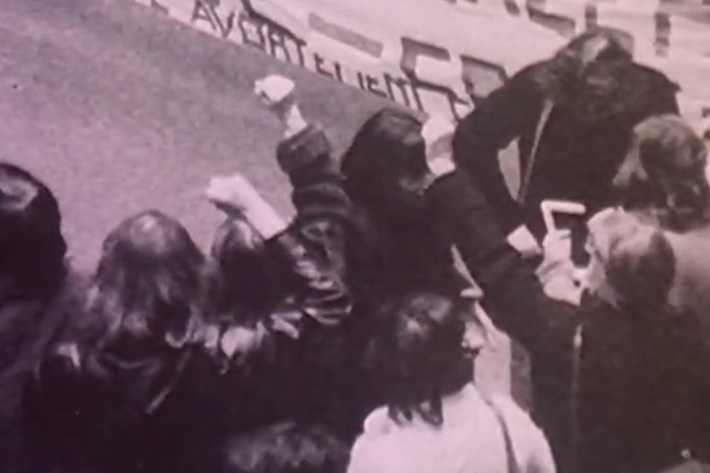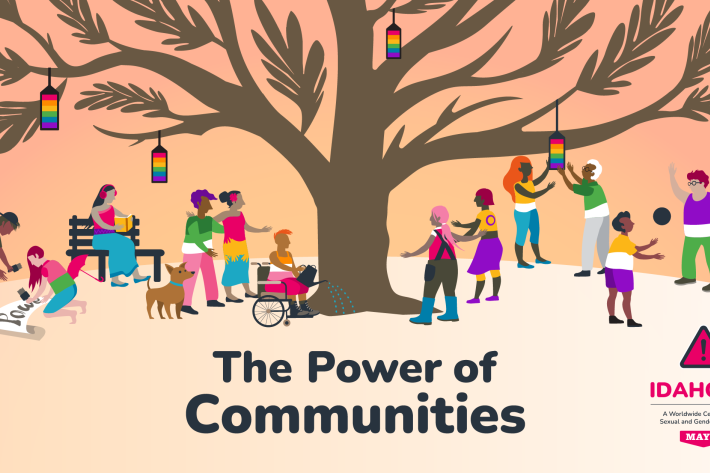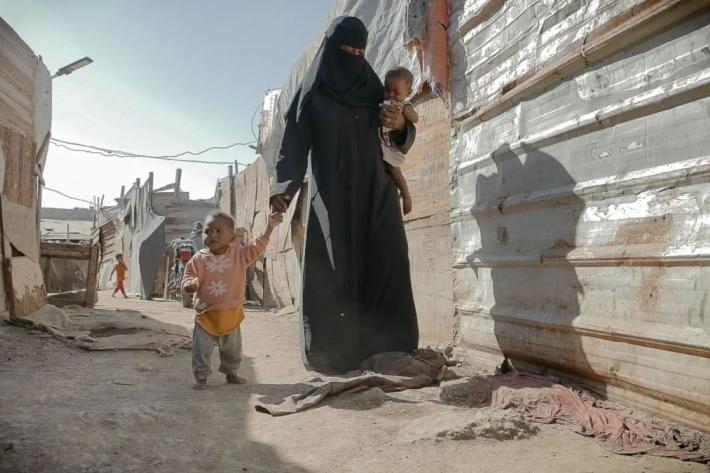
Spotlight
A selection of news from across the Federation
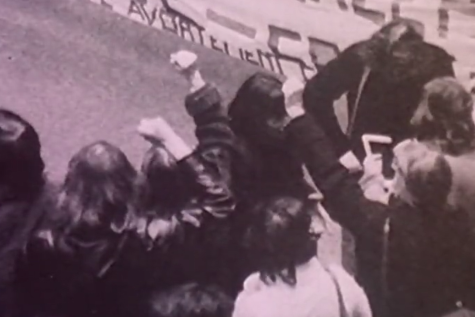
France
From St Nizier to Today: 50 Years of Sex Worker Resistance and Solidarity
Today, exactly 50 years since the St Nizier occupation, IPPF continues to stand in solidarity with sex workers of all genders who stand up and fight for their rights.
Filter our news by:

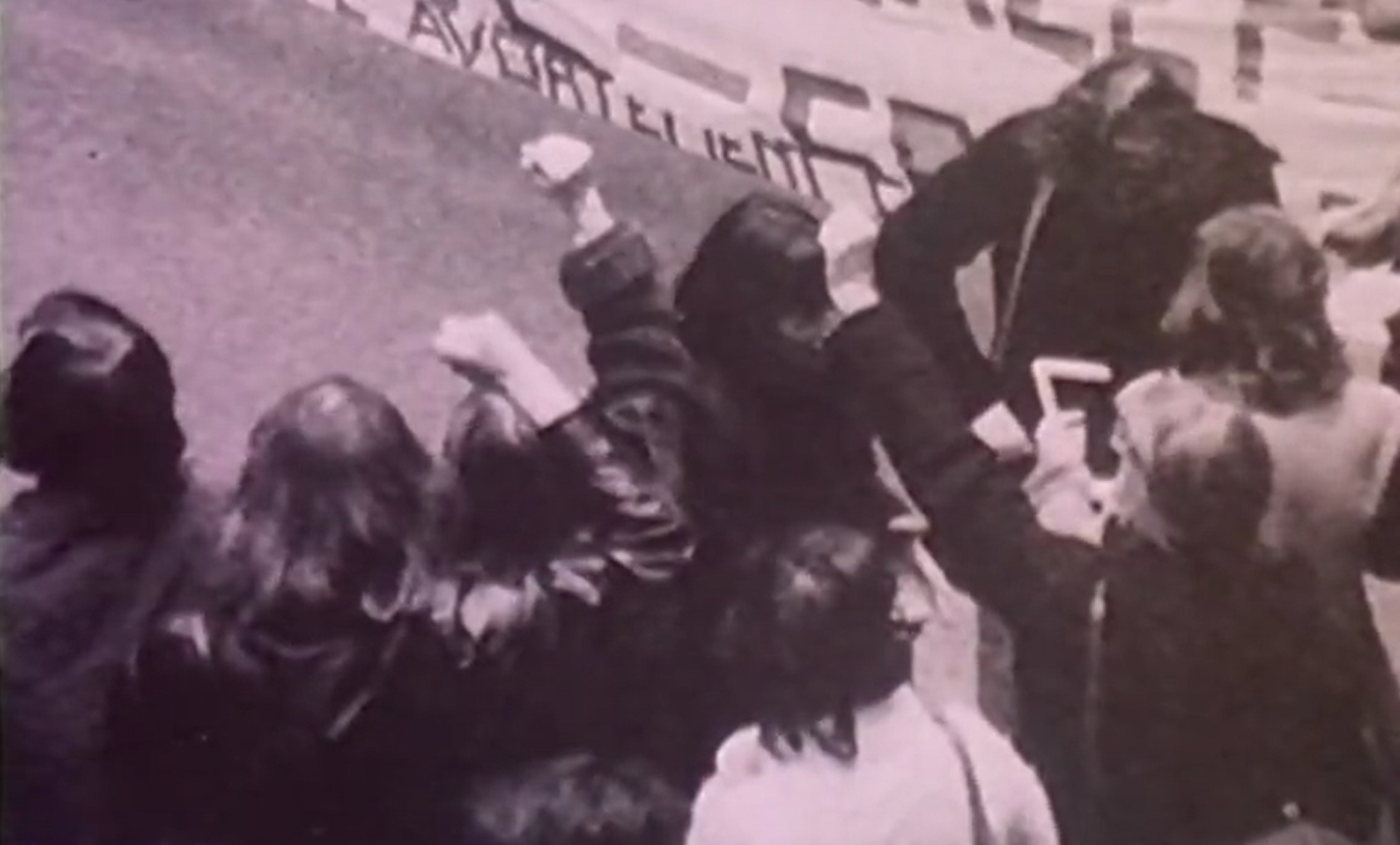
| 02 June 2025
From St Nizier to Today: 50 Years of Sex Worker Resistance and Solidarity
On the 2 June 1975, 100 women occupied the Church of St Nizier in the centre of Lyon, France’s second biggest city. Their reason: police brutality and corruption, violence and discrimination. Their work: sex work. For several days, these women protested, resisted and organised, demanding respect and rights. Their act of resistance sparked a movement. Their words: “Our children don’t want their mothers in prison” remain a call to this day for dignity, protection, decriminalisation and recognition. In the years since, IPPF’s French Member Association, Le Planning familial, has supported sex workers by hosting their meetings, assisting in the registration of the first sex workers’ association, and standing side by side when sex workers took their exploiters to court. Today, exactly 50 years since the St Nizier occupation, IPPF continues to stand in solidarity with sex workers of all genders who stand up and fight for their rights. We defend the rights of sex workers - whether they sell sex because of choice, circumstances and coercion. We believe sex workers when they tell us sex work is work. And we believe them when they speak of abuse. Sex workers know the difference. We ask feminist movements, organisations and activists to believe them too - in solidarity. Today, in France, Kenya, Colombia, India - and across the world, sex workers are organising - for the same goals that spurred the 1975 protest: to end criminalisation and police violence, to shift public attitudes, and to ensure that those who sell sex are respected. And to demand justice, resources, and choices — especially for women and marginalised communities.







